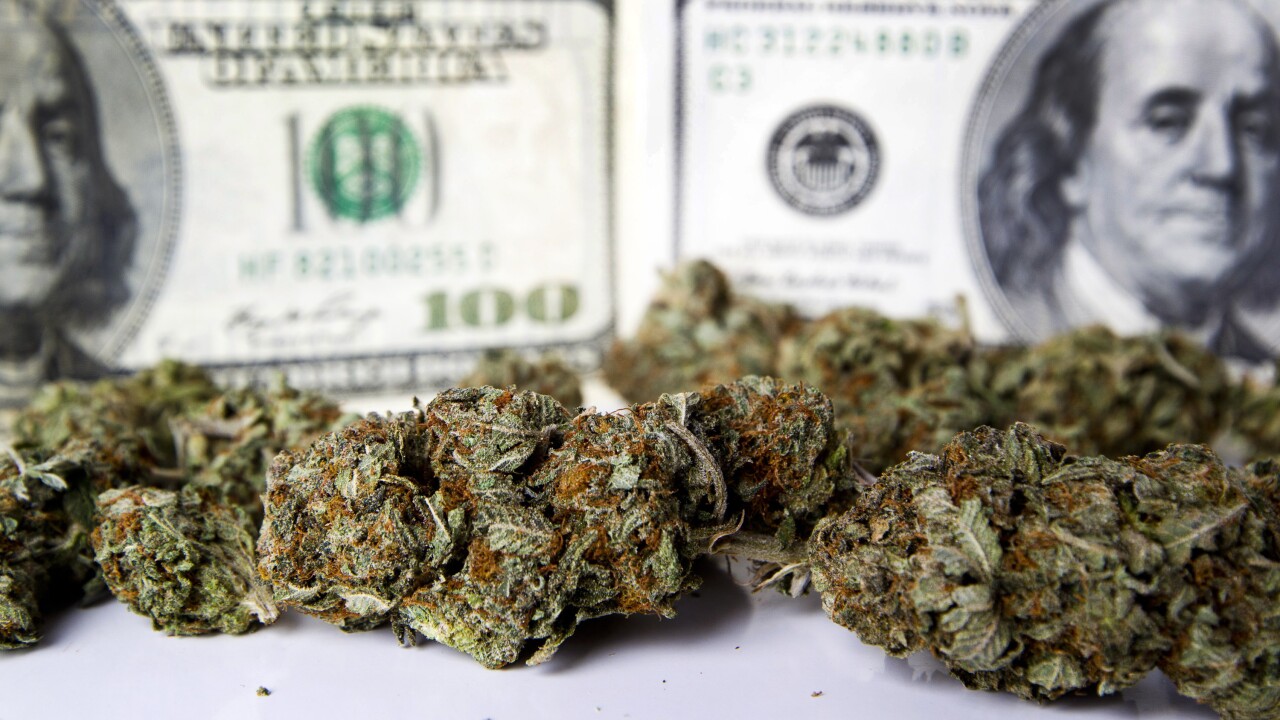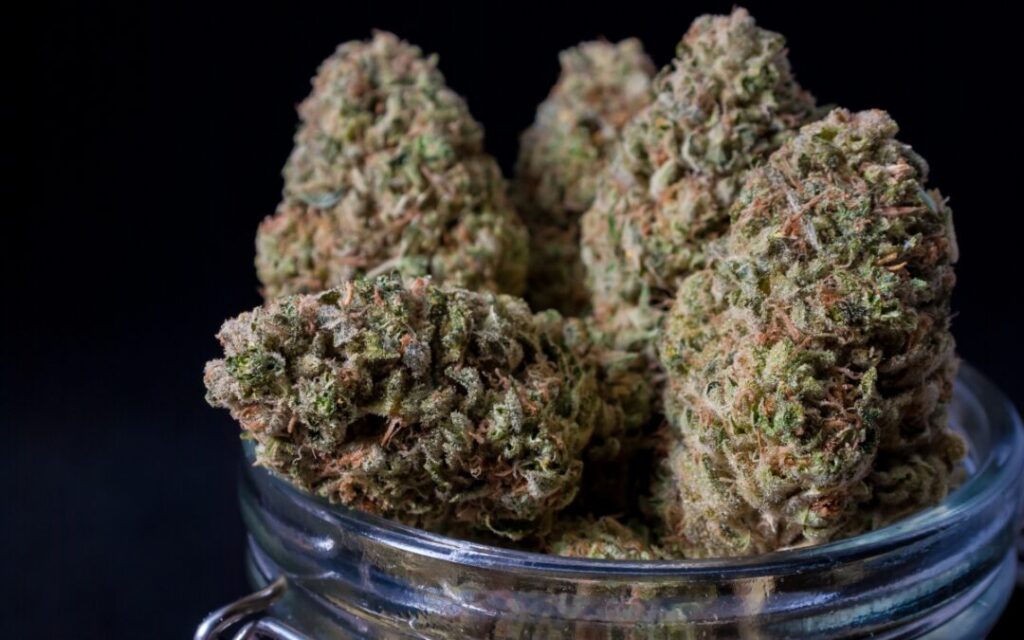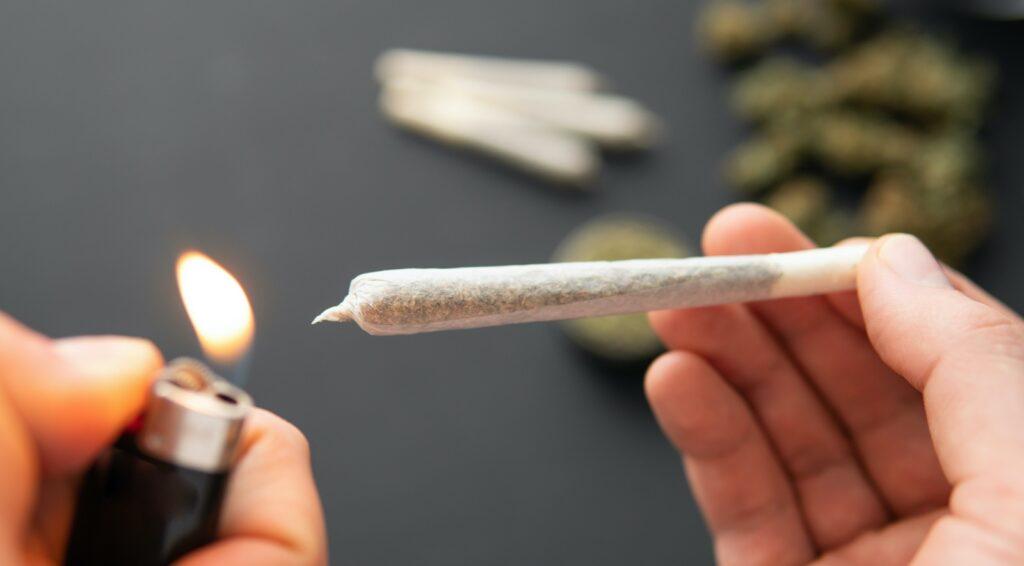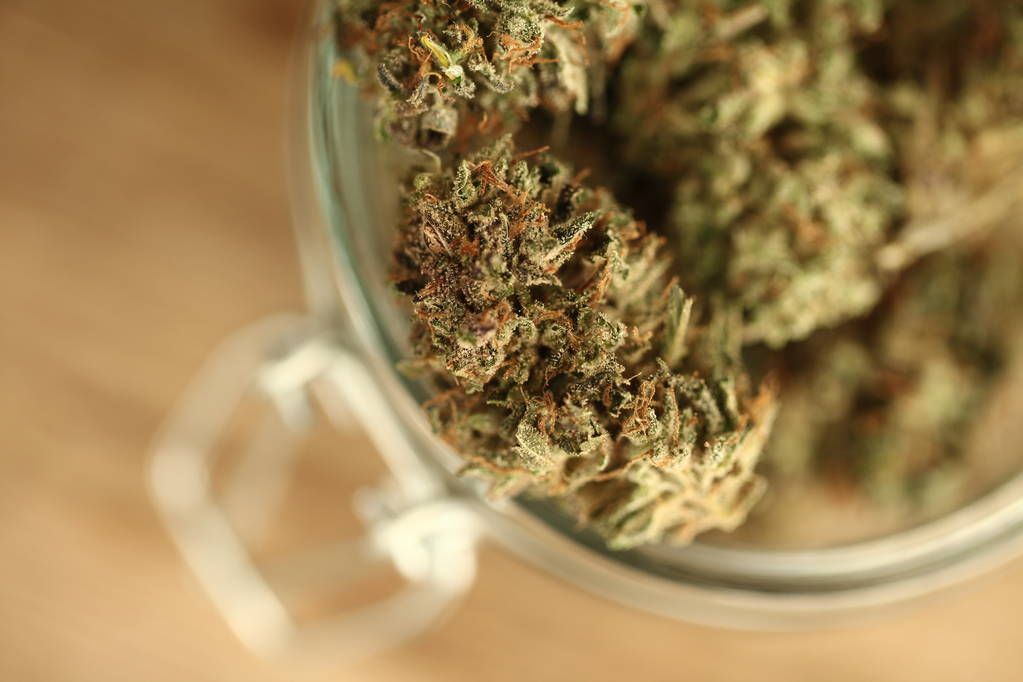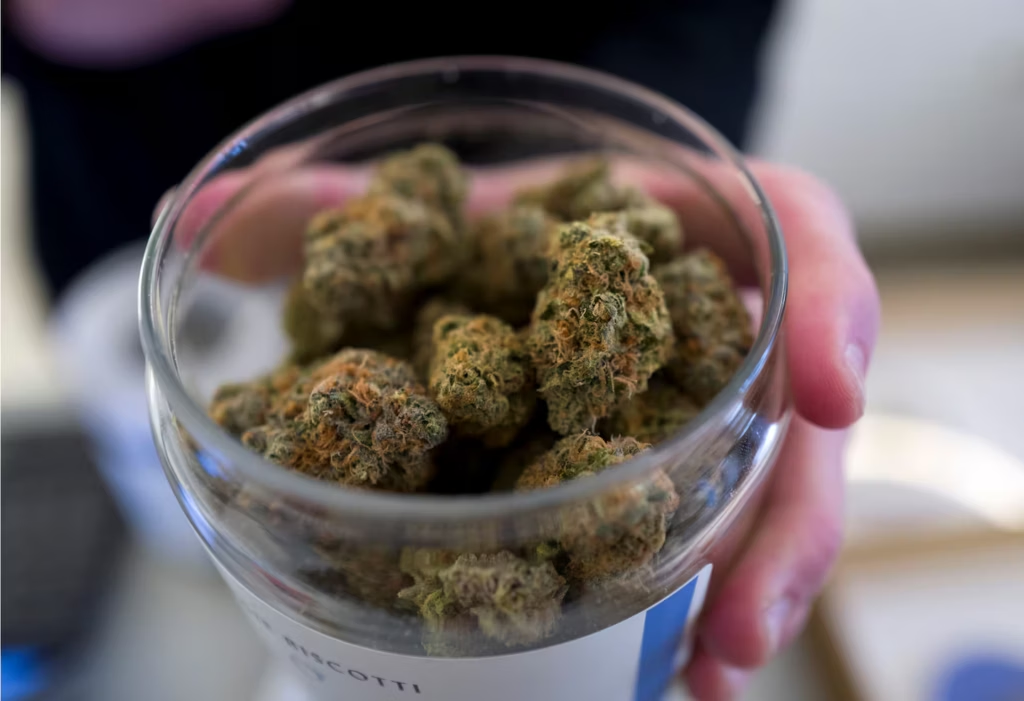The Missouri Department of Health and Senior Services has transferred another $3.25 million in medical marijuana revenue to the Missouri Veterans Commission, as required by the state constitution.

(Photo credit: GETTY Images).
The latest contribution, made last week, brings the total medical marijuana funds transferred so far this fiscal year to $13 million. These figures do not include any revenue from Missouri’s adult-use marijuana program, which is tracked separately.
Under Article XIV of the Missouri Constitution, the state is required to allocate proceeds from its medical marijuana program to support veterans’ services. Funds are collected through license and application fees, as well as taxes on medical marijuana sales.
Continue reading

